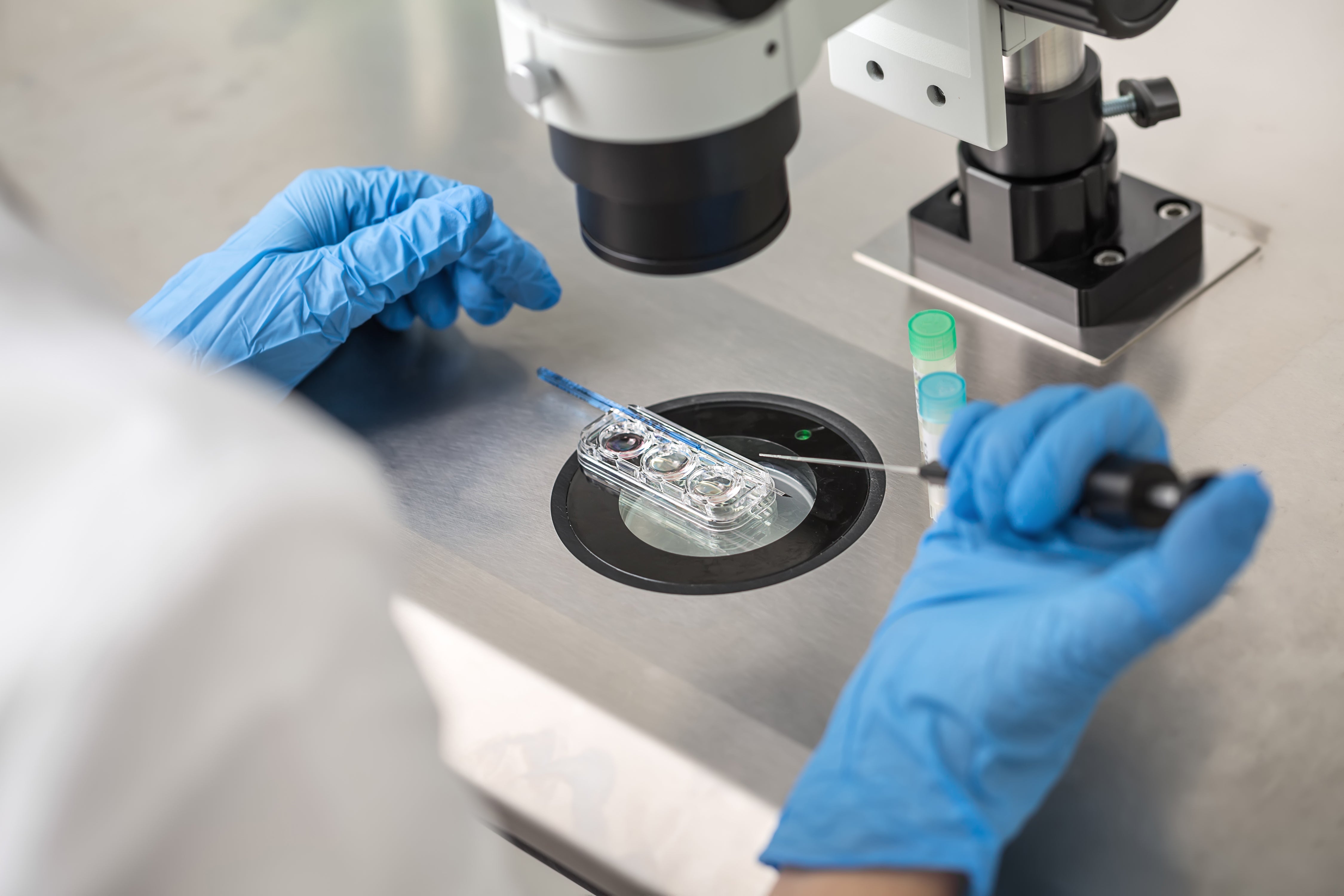Vaccine that could prevent brain cancer developed by scientists
The US team overseeing the study of aggressive glioblastomas described the results as ‘promising’

Your support helps us to tell the story
From reproductive rights to climate change to Big Tech, The Independent is on the ground when the story is developing. Whether it's investigating the financials of Elon Musk's pro-Trump PAC or producing our latest documentary, 'The A Word', which shines a light on the American women fighting for reproductive rights, we know how important it is to parse out the facts from the messaging.
At such a critical moment in US history, we need reporters on the ground. Your donation allows us to keep sending journalists to speak to both sides of the story.
The Independent is trusted by Americans across the entire political spectrum. And unlike many other quality news outlets, we choose not to lock Americans out of our reporting and analysis with paywalls. We believe quality journalism should be available to everyone, paid for by those who can afford it.
Your support makes all the difference.A vaccine that could prevent and even cure brain cancer has been developed by scientists.
The dual action therapy kills established tumours and trains the immune system to stop them recurring.
A gene editing tool called CRISP-CAS9 releases proteins that primes them for destruction.
In experiments, it worked on mice carrying cells derived from humans, mimicking what will happen in patients.
They had the deadliest form of brain cancer called glioblastoma. The US team overseeing the study described the results as “promising”.
Corresponding author Dr Khalid Shah, of Brigham and Women’s Hospital in Boston, said: “Our team has pursued a simple idea: to take cancer cells and transform them into cancer killers and vaccines,.
“Using gene engineering, we are repurposing cancer cells to develop a therapeutic that kills tumour cells and stimulates the immune system to both destroy primary tumors and prevent cancer.”
Brain cancer is often incurable. The norm is to do surgery, treat with harsh drugs and hope for the best.
Millions of victims have included Senator John McCain, President Biden’s son Beau, actors Robert Forster and Tim Conway and famed film critic Gene Siskel.
Around 2,500 glioblastoma cases are diagnosed in the UK each year. Only seven percent of patients survive.
The breakthrough raises hopes of ‘editing’ DNA in the brain with a vaccine - without any tissue having to be removed.
The approach described in the journal Science Translational Medicine is distinct from other potential cancer vaccines.
Instead of using inactivated tumours, Dr Shah and colleagues repurposed living cells which possess an unusual feature.
Like homing pigeons returning to roost, they will travel long distances across the brain to return to the site.
The researchers also built a two-layered safety switch into the cancer cell, which, when activated, eradicates tumours if needed.
It was safe, applicable and effective in the rodent models, suggesting a roadmap toward therapy.
Dr Shah said: “Throughout all of the work we do, even when it is highly technical, we never lose sight of the patient.
“Our goal is to take an innovative but translatable approach so that we can develop a therapeutic, cancer-killing vaccine that ultimately will have a lasting impact in medicine.”
CRISPR works like a pair of molecular scissors. It cuts DNA at specific locations and either deletes sections or replaces them with alternate sequences.
It involves two key biochemical pieces a short stretch of RNA - a chemical similar to DNA that binds to the target. An enzyme, or protein, called CAS9 then does the cutting.
The strategy may be applicable to a wider range of solid tumours. Further investigations are warranted, said Dr Shah.



Join our commenting forum
Join thought-provoking conversations, follow other Independent readers and see their replies
5Comments